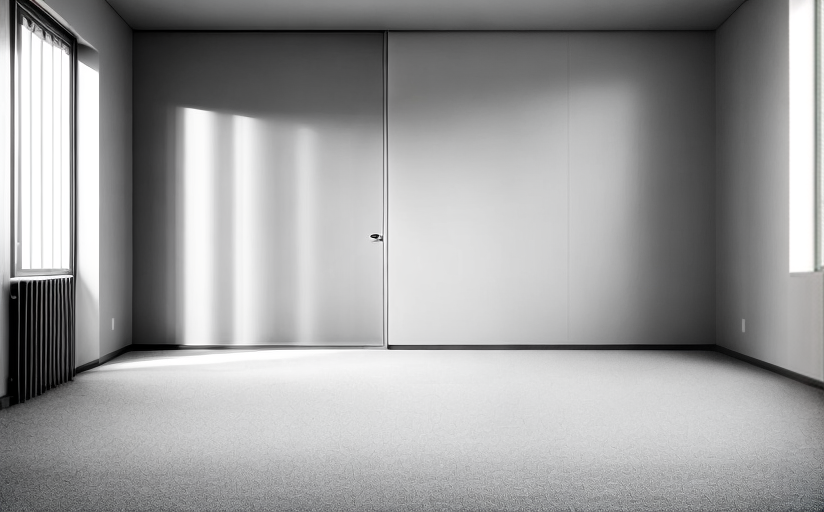The Influence of Minimalism on Mental Well-being
The Genesis of Minimalism
Minimalism can be traced back to the immediate aftermath of World War II, beginning as an artistic and design movement that favored simplicity and functionality. It has its roots in various regions, such as the Japanese Zen Philosophy which values simplicity, and the Netherlands-based De Stijl art movement which focusses on elemental design.
Minimalism: From Aesthetic to Lifestyle
During the late 20th century, Minimalism transitioned from being entirely an aesthetic movement into a lifestyle choice, promoting the notion to 'live with less'. People started perceiving the value of disassociating happiness with material possessions. The basis of this lifestyle shift primarily stems from a desire to counteract the overwhelming consumer culture and endless choices that the modern era provides.
The Psychology Behind the Appeal of Minimalism
The appeal of minimalism can be understood from a psychological perspective. It offers people a way to take control over their environment and thus regain a sense of autonomy. The act of decluttering creates a sense of liberation and reduces the 'choice overload' that can lead to stress and dissatisfaction.
Effects of Minimalism on Mental Health
Several studies have pointed out the positive relationship between minimalism and mental well-being. A study conducted by the University Clinic of Bonn shows that reducing material possessions reduces depression and anxiety by diminishing worries about losing or maintaining them.
Experts like Dr. Joshua Becker quote minimalism brings freedom from the all-consuming passion to possess. This exemplifies how a minimalist approach to possessions can lead to reduced levels of stress and an increased sense of freedom.
Potential Negative Impacts of a Minimalist Lifestyle
Though minimalism exhibits notable benefits, there can be potential harm if taken to an extreme. It can unintentionally lead to a sense of deprivation or competitiveness about owning less, which feeds the new form of materialism.
Practical Tips for Incorporating Minimalism into Life for Improved Mental Well-being
- Start Small: Begin by decluttering small spaces such as your desk or a single room.
- Quality over Quantity: Opt for quality items over a large number of less expensive and lower-quality items.
- Conscious Consumption: Reflect on your needs before buying anything new.
- Digitize: Consider going digital where possible to reduce physical clutter.
To conclude, minimalism has the power to enhance mental well-being by reducing stress, improving focus, and promoting self-efficacy. As with any lifestyle transformation, the key lies in achieving a balance that resonates with individual life goals and values.

















Comments
Leave a Comment